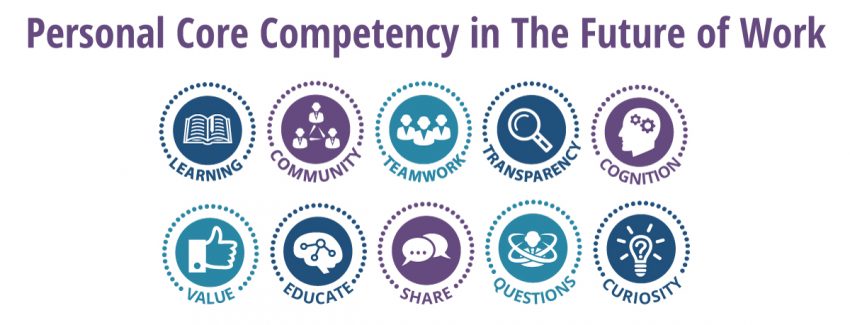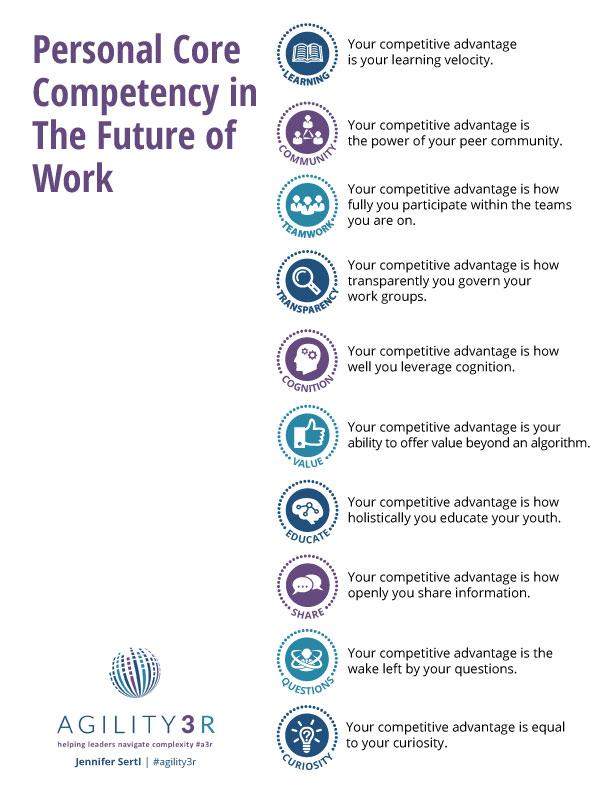Once upon a time, if you were the strongest beast, you could be pretty sure of winning. Later, you won by dominating through wealth. After that, in the age of international corporations and conglomerates, size meant victory. It used to be that whoever had information or customer knowledge would come out ahead. Organizations used to want people’s money – we called it wallet-share. Then organizations wanted your attention- there was even a movement called the attention economy. Today – we are in a platform economy and what is wanted is way beyond money and attention: mindshare is being extracted.
That is why I am passionate about you the individual. I want you to be using contextual intelligence to ensure that where you choose to work is worthy of you. I want you to know as much about your mind as those who are wanting to extract from you. Individuals if they claim their voice can change paradigms. We are moving from “attention economy” towards “intention economy’ and every “like”, “RT,” endorsement is autobiographical.
I need you to claim your passion.
I need you to claim your gifts.
I need you to claim only products and services that align with your core beliefs.
Your competitive advantage is the accuracy in which you scan the macro, how you interpret what you experience and how you make decisions.
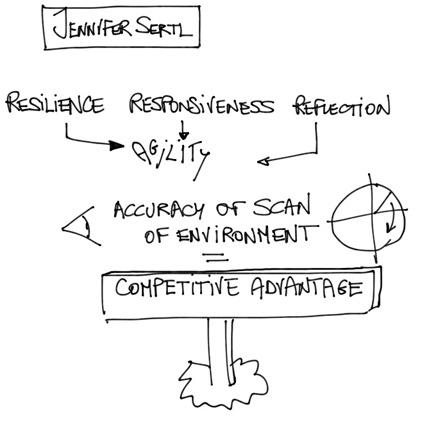
Here are the top 10 links that I believe will mobilize your potential.
1) Our competitive advantage is how quickly we learn. Knowing has lost traction. Our power is in velocity and depth. We are all students of the Fourth Industrial Revolution (#4IR). This era asks us to build these skills.
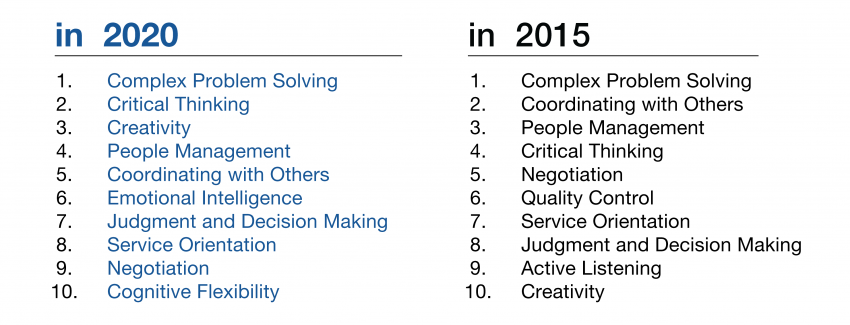
2) Our competitive advantage is the power of our peer community. Michel Bauwens hands down is the seminal voice of the value shift from organizational power to that of organized peer communities aka P2P Production.
3) Our competitive advantage is how we participate within our teams. Google has spent a lot of time and research studying thriving teams and their research points to Dr. Deci’s Self Determination Theory.
These three attributes must be present for a person to thrive on a team:
1. Competence: a belief that he/she is capable to contribute what is necessary
2. Autonomy: a belief that he/she has freedom to make choices that impact the work
3. Connectedness: a feeling of belonging
We tend to overplay competency and autonomy in Western culture. However, feeling part of something bigger than oneself and a clear understanding of how one’s contribution support the collective is something that algorithms have yet to find the magic sauce for. We are moving from an attention based ecosystem to an intention based platform.
4) Our competitive advantage is how well we govern our work groups. In an era with so much collaboration and value centered work – it is important that we keep in circulation the wisdom of Nobel laureate Elinor Olstrom. People put a lot of time and effort into designing output. We need to invest more time in how we work, how we collaborate, how we build community. There is an art to governance and we need more bench strength here.
8 Principles for Managing a Commons:
- Define clear group boundaries.
- Match rules governing use of common good to local needs and conditions.
- Ensure that those affected by the rules can participate in modifying the rules.
- Make sure the rule-making rights of community are respected by outside authorities.
- Develop a system, carried out by community members, for monitoring member’s behavior.
- Use graduated sanctions for rule violators.
- Provide accessible, low-cost means for dispute resolution.
- Build responsibility for governing the common resource in nested tiers from the lowest level up to the entire interconnected system.
5) Our competitive advantage is how well we leverage cognition. IBM Ginni Rometty is quick to remind us that machine learning is about the cooperation and coordination of smart individuals and smart machines. Human interaction in conjunction with technology enable insight. Data is data. What makes data information is contextual. She says:
Ultimately your competitive advantage is being cognitive. The advantage will go to those who will go and extract insights from the data we all talk about.
6) Our competive advangage is being able to offer value beyond an algorithm. Scenario planning needs to strengthen as we see the horizon. We are adaptable and will continually learn new ways to create value. Denial is not a strategy. That is why I think you need to keep Tomorrow’s Questions front and center. Nigel Cameron has always asked those questions first: Will robots take your job? Another voice helping us prepare for jobs of the future is Ross Dawson – who also is an incredible contextual artist. This landscape (thank you, Ross!) is the most comprehensive I have seen and can be a useful guide for leaders weaving man and machine in the human capital tapestry.
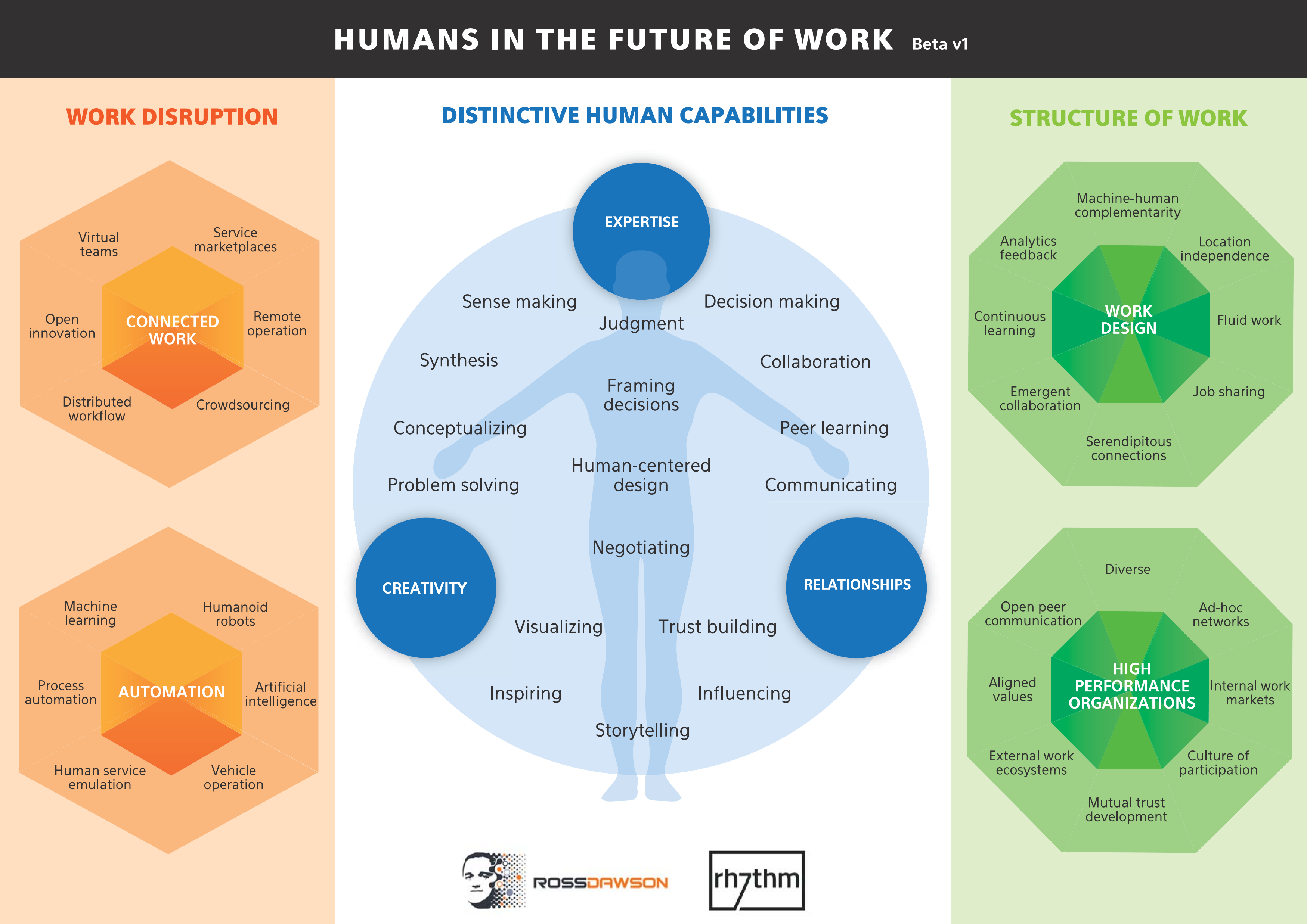
7) Our competitive advantage is how well we educate our youth. I am not talking about “inform” and skill build. Let’s go back to Latin ēducāre — to draw out. May we remember Antoine de Saint-Exupery: If you want to build a ship, don’t drum up people to collect wood and don’t assign them tasks and work, but rather teach them to long for the endless immensity of the sea.
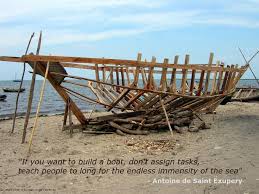
The best report I have seen so far on the future of education comes from Foundation for Young Australians. The New World Smarts was just published – please take the time to see how thorough Jan Owen and her team were in outlining context and supporting a vibrant synergy between education and commerce. Thank you, Heather McGowan, for pointing me to this treasure trove.
8) Our competive advantage is how well we share information. A while back I was in a collaborate work experience with Ann Badillo, Noah Thorp and David Hodgson. Together with a global cross-section of industry experts explored the future of work and published The Future of Work field guide.
9) Our competitive advantage is the power of our questions. It has been a long time coming but I am thrilled to be existential philosopher. At last there is a business case for the value I and my colleagues offer. We philosphers keep inviting the Categorical Imperative, inquire about belonging, and ensure humanity transcends the gadgets.
10) Our competitive advantage is equal to our curiosity. Intelligence is given too much credit. Innovation comes from either pain or hunger. Perhaps our greatest hunger is to experience life in a way that gives us goosebumps. Living with curiosity always finds the sunlight in darkness, the pathway in a trap, and the flaw in an algorithm. May we find our “awe.”
You are more capable than you know…
Jennifer
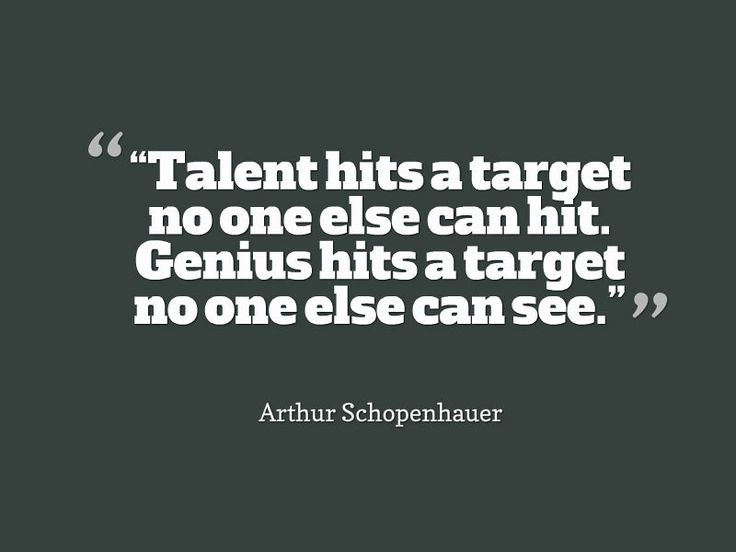
Follow Agility3R on Twitter | Follow Agility3R on LinkedIn | Follow Agility 3R on Facebook

